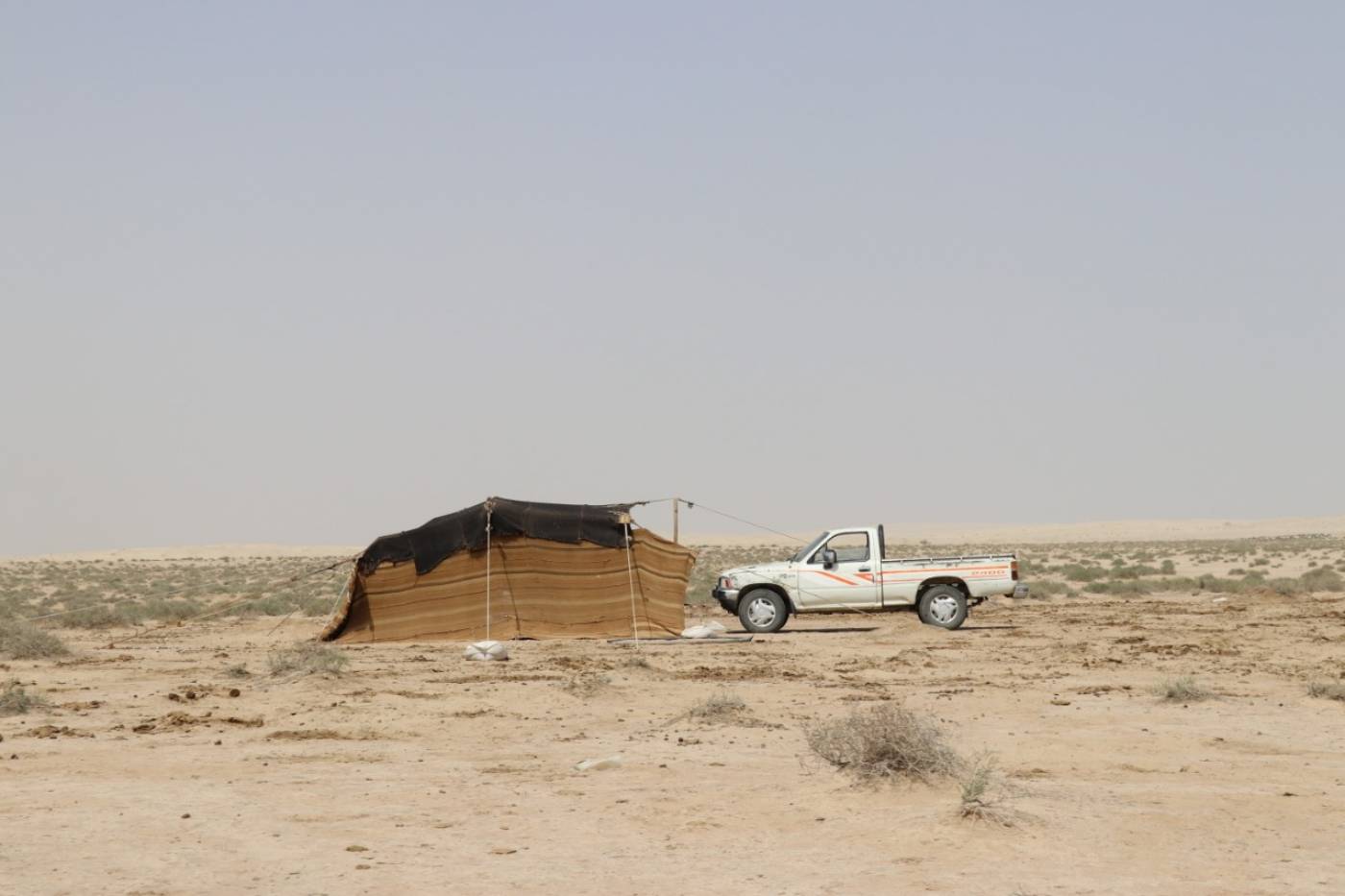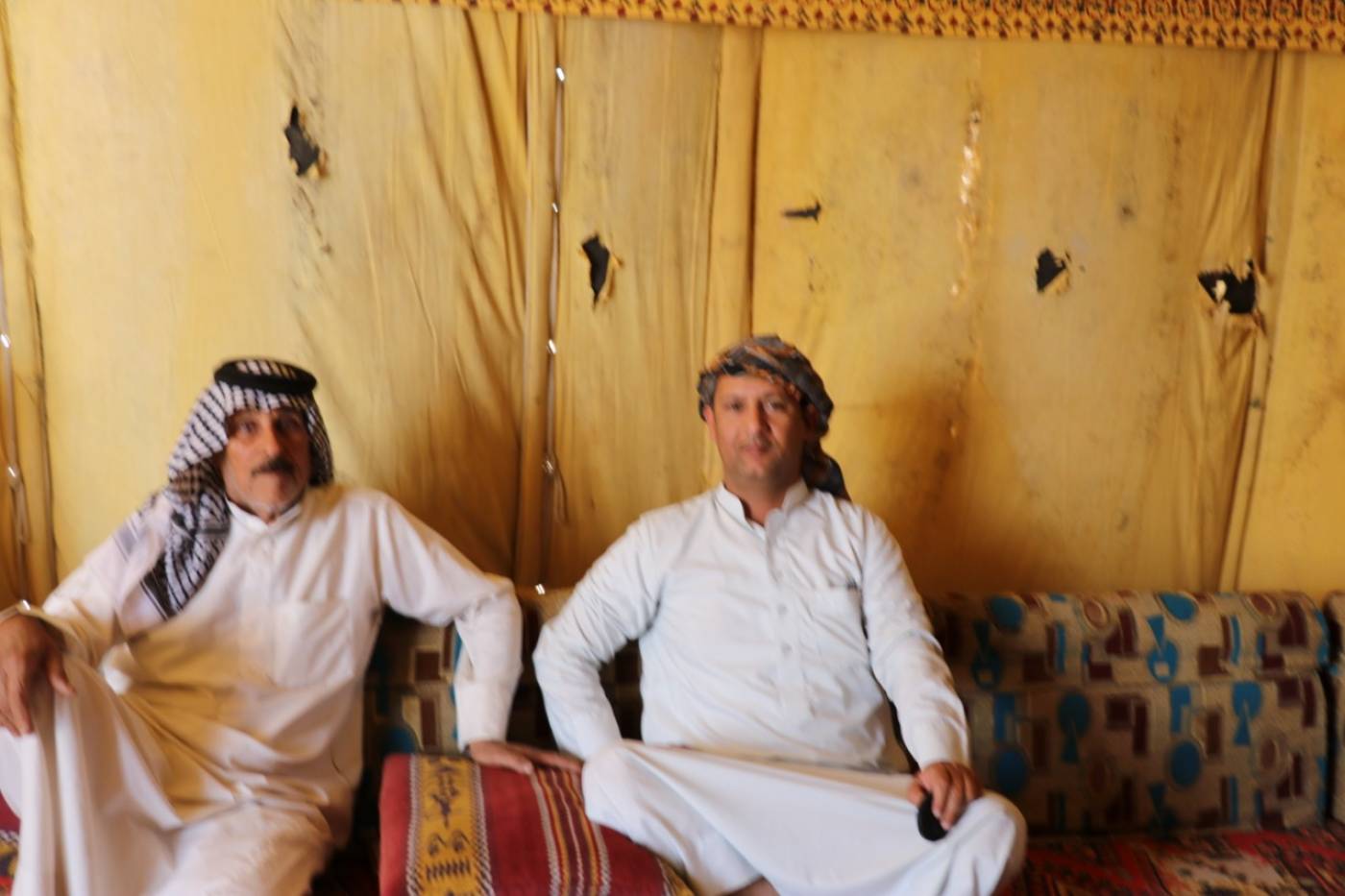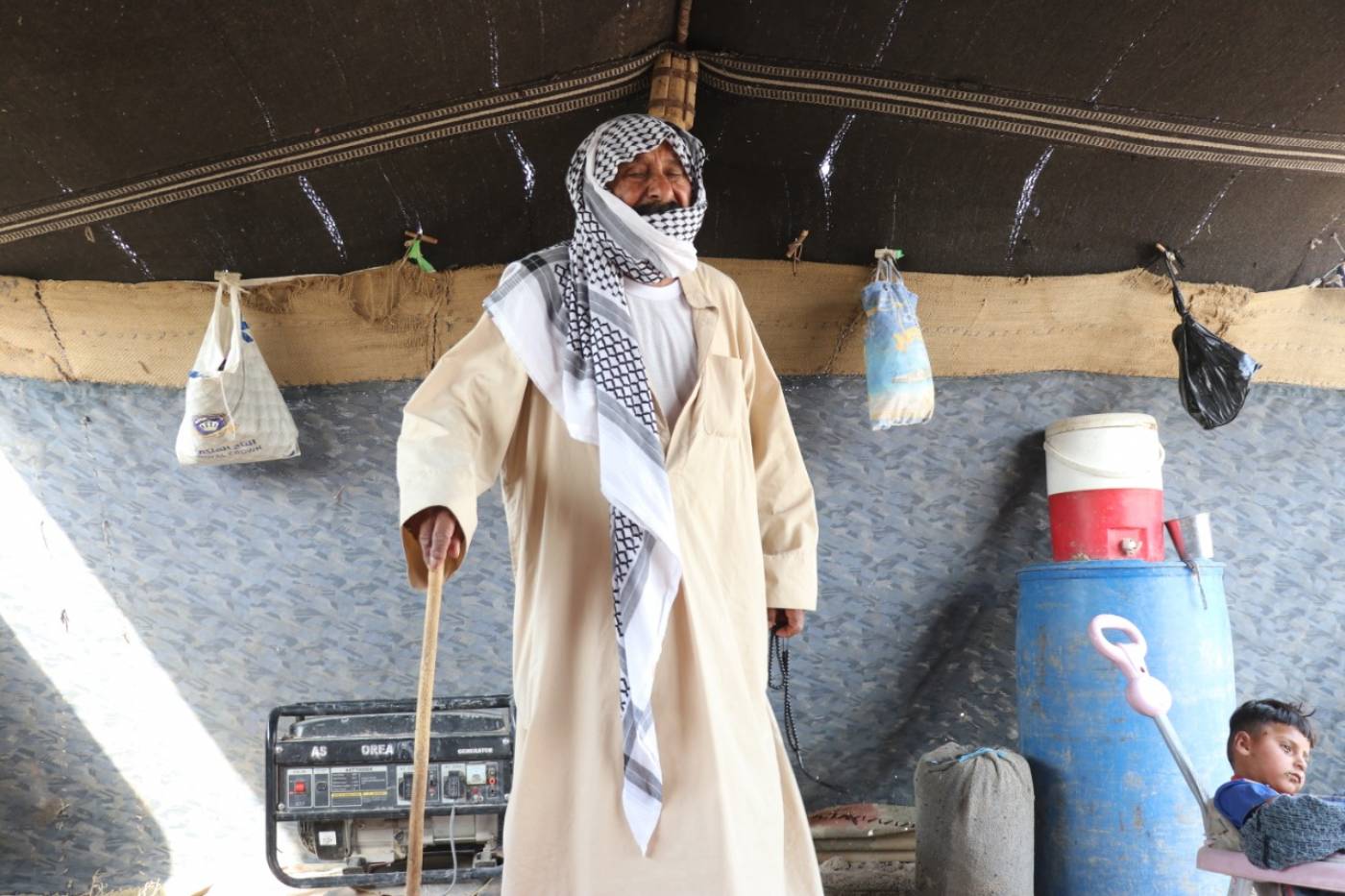The anthropological research documenting the ancestral traditions and heritage of Nomadic Bedouins of Iraq compared to its immediate neighbors is scarce. Many nomadic people are settling in villages and without proper documentation, where their memory will be lost forever.
Decades of conflict and a top-down approach to heritage has distorted Iraq’s rich cultural heritage and marginalized communities to the point that they feel disenfranchised from the country, its history, and heritage.
This project is a major step in creating inclusive heritage infrastructures that are cognizant and respectful of Iraq’s rich cultural groups and communities. It is a collaborative effort to create a module on Intangible Cultural Heritage (ICH). The team, led by Al-Qadisiyah University, aims to strengthen and further develop the existing syllabus of a teaching module entitled Local Heritage, which the Ministry of Higher Education spearheaded in five Iraqi universities in 2017.
The new module will frame the topic within the 2003 UNESCO Convention for the Safeguarding of Intangible Cultural Heritage and the Operating Guidelines. In practice, it emphasizes collaboration between practising communities, heritage, arts practitioners and universities. It will be the first such initiative since 2003.
Research Design and Methodology
This research used a method known as “Focused Ethnography”, which relies on short field visits where a mixture of interviews and observations are gathered and analyzed in search for common patterns of cultural significance for a better understanding of a community. The field research aimed at capturing an anthropologically comprehensive picture of the ICH aspects from the life of Iraqi Bedouins in accordance with the UNESCO Convention for the Safeguarding of ICH’s five domains.
- More than 100 interviews have been conducted by the team members. These interviews covered the Western Desert of Iraq including, Najaf, Samawa, Dhi Qar, Basra. This included interviews with the Sheikh (Chief) of the Bedouin community as well as elders to understand tribal structure. The team interviewed individuals with key roles in Bedouin ICH life, such as midwives, healers, hunters. The sample also had an equal gender representation.
- More than 70 tents (where the Bedouins live) have been visited. The tent contents have been documented by taking photos and videos. The team captured examples to illustrate the five ICH domains.
- The research data was gathered through carrying face-to-face one-on-one and group interviews and filling out questionnaires.
Project Outputs
- A cascade training (training of trainers) on ICH anthropological data gathering for core team of field researchers.
- Original first and field-rooted anthropological data on the largely understudied Iraqi Nomadic Bedouins, including transcribed questionnaires, ethnographic notes, pictures, and sounds.
- A consulting multilateral symposium discussing gathered data and research outputs.
- A collaborative multi-university teaching modules on the ICH of Iraqi Bedouins which can be incorporated in the teaching curricula of the five partner universities shepherded by the Ministry of Higher education of Iraq. Link to book coming soon.
- Digital Nomads podcast interview: Iraqi Bedouin & Intangible Cultural Heritage: Interview with Dr. Salah Hatem and Dr. Jaafar Jotheri




Follow Dr. Salah Hatem on Twitter for project updates.
 Close
Close

